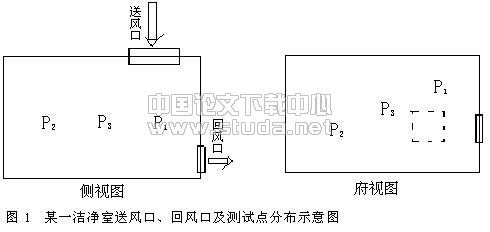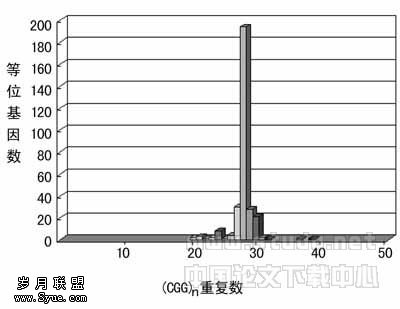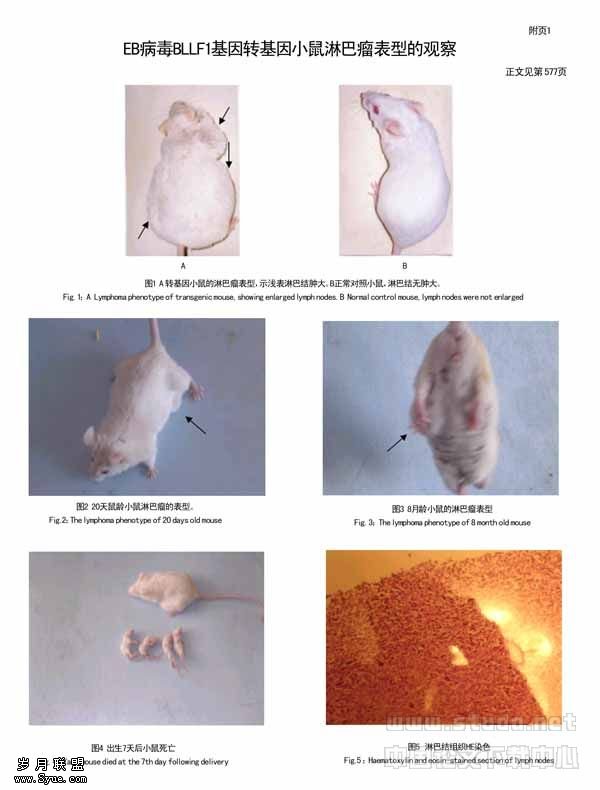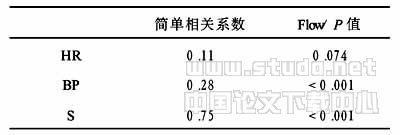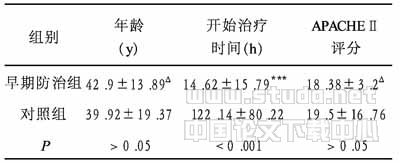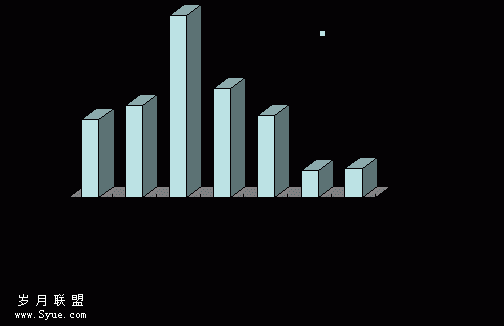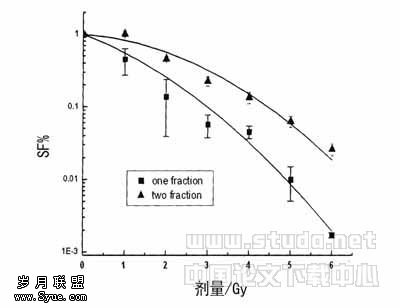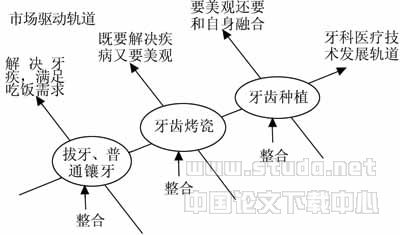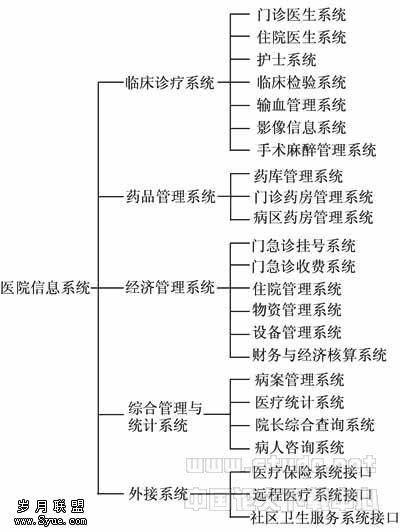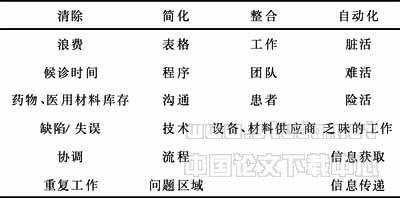儿童慢性咳嗽的治疗原则及循证医学证据
【关键词】 咳嗽
咳嗽是呼吸系统最常见的症状,儿科门诊50%以上的患儿以咳嗽为主诉就诊,欧美对慢性咳嗽进行了二十余年的研究,2005年中华医学会呼吸学组制定了成人的“咳嗽诊治指南”,根据2006年美国“儿童咳嗽诊治指南”结合的实际情况,2008年中华医学会儿科分会呼吸学组制定了我国“儿童慢性咳嗽诊治指南”试行草案[1],将慢性咳嗽定义为咳嗽症状持续4周以上。由于引起慢性咳嗽病因复杂,误诊率高,影响患儿生活质量,费用高,加重家长负担。儿童慢性咳嗽的治疗原则是针对病因的治疗,如病因不明,可进行经验性对症治疗达到有效控制而不是完全消除咳嗽,因为适当的咳嗽反射是一种保护性动作,完全消除咳嗽反射是危险的。
1 药物治疗
1.1 非处方药(OTC)类
OTC类镇咳药的使用与一些疾病的发病率和死亡率有关,美国儿会建议取消可待因和右美沙芬治疗各种类型的咳嗽[2],Cochrane关于百日咳咳嗽对症治疗药的评述也发现使用苯海拉明无明显益处[3]。
1.2 抗组胺药
H1受体拮抗剂可用于治疗过敏性咳嗽(AC)和过敏性鼻炎。但一项最新的随机对照试验(RCT)研究显示苯海拉明与安慰剂在减轻夜间咳嗽和睡眠障碍方面没有差异[4]。
1.3 抗菌药
细菌感染有关的慢性咳嗽可考虑使用。治疗慢性鼻窦炎时抗生素的使用存在争议,有研究建议连续使用10 d[5],但更短疗程(3 d)的使用新一代大环内酯类抗生素(如阿奇霉素)在减轻症状方面可达到同样的效果[6]。美国家庭医学会建议如果抗生素治疗10 d仍无改善就应限制用于鼻窦炎和咳嗽病人[7]。 刘恩梅,教授、主任医师,现任重庆医科大学附属儿童呼吸中心副主任,硕士研究生导师,2007年部新世纪优秀人才支持计划获得者。1996年获重庆医科大学儿科系医学博士学位;2002年获香港大学医学院博士学位。2005~2006年在美国University of Alabama at Birmingham儿科系感染专业做博士后。现为中华医学会儿科分会呼吸学组委员,重庆市中西医结合委员会儿科专委会副主任委员, 担任《中华儿科杂志》、《临床儿科杂志》及《中国实用儿科杂志》等多家儿科核心杂志编委。曾获香港大学医学院Wong Ching Yee奖学金和第九届全国小儿呼吸学术会议中青年优秀一等奖,先后获得重庆市卫生局科技进步一等奖两项、教育部科技进步二等奖、2006年重庆市高校十大科技进展。申请获得多项国家科学基金和省部级重点科研项目,先后在国内外核心刊物发表论文60余篇。E?mail:emliu186@hotmail.com。 1.4 平喘抗炎药
包括β2?受体激动剂、M?受体阻断剂、糖皮质激素、茶碱类、色酮类和白三烯受体拮抗剂等。主要用于咳嗽变异性哮喘(CVA)、过敏性咳嗽(AC)、嗜酸粒细胞支气管炎(EB)、过敏性鼻炎的治疗。激素治疗2~3周后要进行评估,对激素治疗无反应的咳嗽不应再增加剂量,有报道大剂量的糖皮质激素可发生严重不良事件[8,9]。一般感染后咳嗽可自发消失,口服或吸入激素或抗胆碱药有一定的益处[10],但没有证据支持抗胆碱药治疗非特异性咳嗽[11]。一项研究也显示吸入平喘药治疗慢性咳嗽无益处[12]。
1.5 消化系统药
如促胃动力药、质子泵抑制剂等。但一项cochrane研究用多潘立酮(吗叮啉)、西沙比利治疗胃食管返流性疾病(GERD)相关的咳嗽均未发现有效的作用[13],甲氧氯普胺(胃复安)在治疗组和安慰剂组也无显著差异[14],成人有研究显示大剂量的质子泵抑制剂是经验性治疗GERD的最好药物,儿童缺乏此方面的研究[15?17]。用这些药作为经验性治疗风险低,但需合理使用[18]。
2 非药物治疗
慢性咳嗽的非药物治疗包括:(1)避免接触变应原及烟雾、受凉;(2)鼻窦炎可进行鼻腔灌洗、选用减充血药;(3)抬高床头、进食粘稠糊状食物、少量多餐及外科手术复位对GERD也有效;(4)异物吸入者取出异物;(5)药物引起的咳嗽最好的方法是停药;(6)心因性咳嗽则可给予心理疗法如放松想象、催眠、心理疏导等。
3 儿童咳嗽治疗方法的循证医学证据
儿童咳嗽的治疗见表1。表1 儿童咳嗽治疗的报道注:E1代表所有相关随机对照试验的系统综述;E2代表设计良好的随机对照试验;E3代表设计良好的队列或病例对照研究;E4代表作者或专家的意见;RCT:随机对照试验
【】
[1] 中华医学会儿科分会呼吸学组. 儿童慢性咳嗽诊断与指南(试行)[J]. 中华儿科杂志, 2008, 46: 104?107.
[2] Gunn VL, Taha SH, Liebelt EL, et al. Toxicity of over?the?counter cough and cold medications [J]. Pediatrics, 2001, 108(3): E52.
[3] Pillay V, Swingler G. Symptomatic treatment of the cough in whooping cough [EB/OL]. http://www.cochrane.org/reviews/en/ab003257.html, 2003?08?27/2003?10?20.
[4] Paul IM, Yoder KE, Crowell KR, et al. Effect of dextromethorphan diphenhydramine and placebo on nocturnal cough and sleep quality for coughing children and their parents [J]. Pediatrics, 2004, 114: e85?e90.
[5] Irwin RS, Boulet LP, Cloutier MM, et al. Managing cough as a defense mechanism and as a symptom [J]. Chest, 1998, 114: S133?181.
[6] Ng DK, Chow PY, Leung L, et al. A randomized controlled trial of azithromycin and amoxycillin/clavulanate in the management of subacute childhood rhinosinusitis [J]. J Paediatr Child Health, 2000, 36: 378?381.
[7] Dowell SF, Schwartz B, Phillips WR. Appropriate use of antibiotics for URIs Consensus Team [J]. Am Fam Physician, 1998, 58: 1113?1123.
[8] Smucny JJ, Flynn CA, Becker LA, et al. Are 2?agonists effective treatment for acute bronchitis or acute cough in patients without underlying pulmonary disease? A systematic review [J]. J Fam Pract, 2001, 50: 945?951.
[9] Chang AB, McKean M, Morris P. Inhaled anticholinergics for prolonged non?specific cough in children[EB/OL].http://www.cochrane.org/reviews/en/ab004358.html, 2003?07?21/2004?01?26.
[10] Chang AB, Phelan PD, Carlin J, et al. Randomised controlled trial of inhaled salbutamol and beclomethasone for recurrent cough [J]. Arch Dis Child, 1998, 79: 6?11.
[11] Allen DB, Bielory L, Derendorf H, et al. Inhaled corticosteroids:past lessons and future issues [J]. J Allergy Clin Immunol, 2003, 112: S1?S40.
[12] Macdessi JS, Randell TL, Donaghue KC, et al. Adrenal crises in children treated with high?dose inhaled corticosteroids for asthma [J]. Med J Aust, 2003, 178: 214?216.
[13] Irwin RS, Boulet LP, Cloutier MM, et al. Managing cough as a defense mechanism and as a symptom. A consensus panel report of the American College of Chest Physicians [J]. Chest, 1998, 114(2 suppl managing): 133S?181S.
[14] Chang AB, Gaffney J, Connor FC, et al. Gastro?oesophageal reflux treatment for prolonged non?specific cough in children and adults [EB/OL]. http://www.cochrane.org/reviews/en/ab004823.html, 2005?04?20/2006?09?06.
[15] Craig WR, Hanlon?Dearman A, Sinclair C, et al. Metoclopramide, thickened feedings, and positioning for gastro?oesophageal reflux in children under two years [J/OL]. http://www.ncbi.nlm.nih.gov/pubmed/15495056, 2004?08?18.
[16] Ours TM, Richter JE. Re: Irwin editorial: cough and GERD [J]. Am J Gastroenterol, 2000, 95: 1833?1836.
[17] Ours TM, Kavuru MS, Schilz RJ, et al. A prospective evaluation of esophageal testing and a double?blind randomized study of omeprazole in a diagnostic andtherapeutic. Algorithm for chronic cough [J]. Am J Gastroenterol, 1999, 94: 3131?3138.
[18] Irwin RS, Richter JE. Gastroesophageal reflux and chronic.cough [J]. Am J Gastroenterol, 2000, 95: S9?S14.
